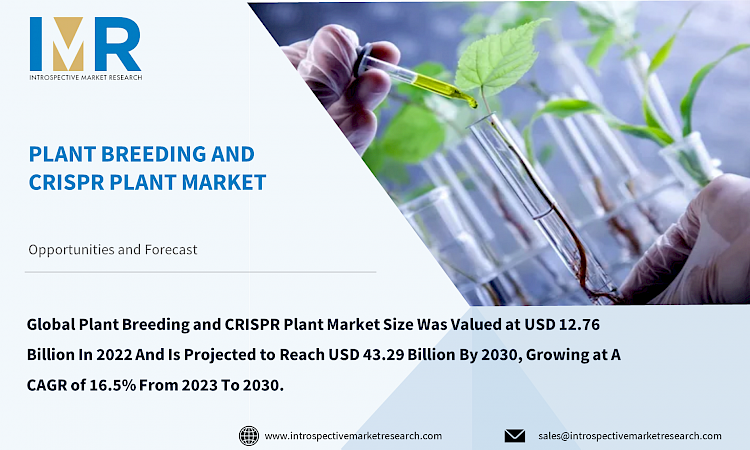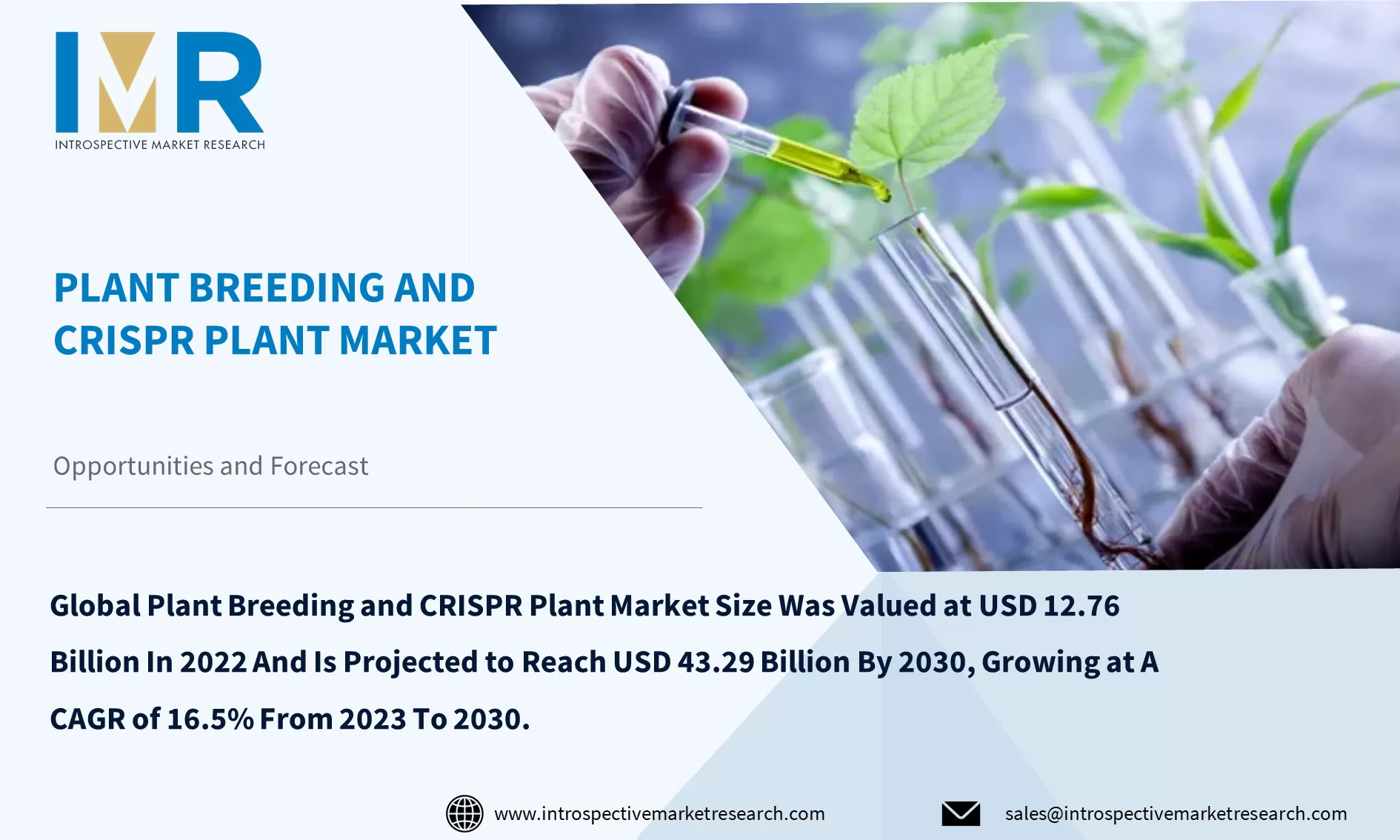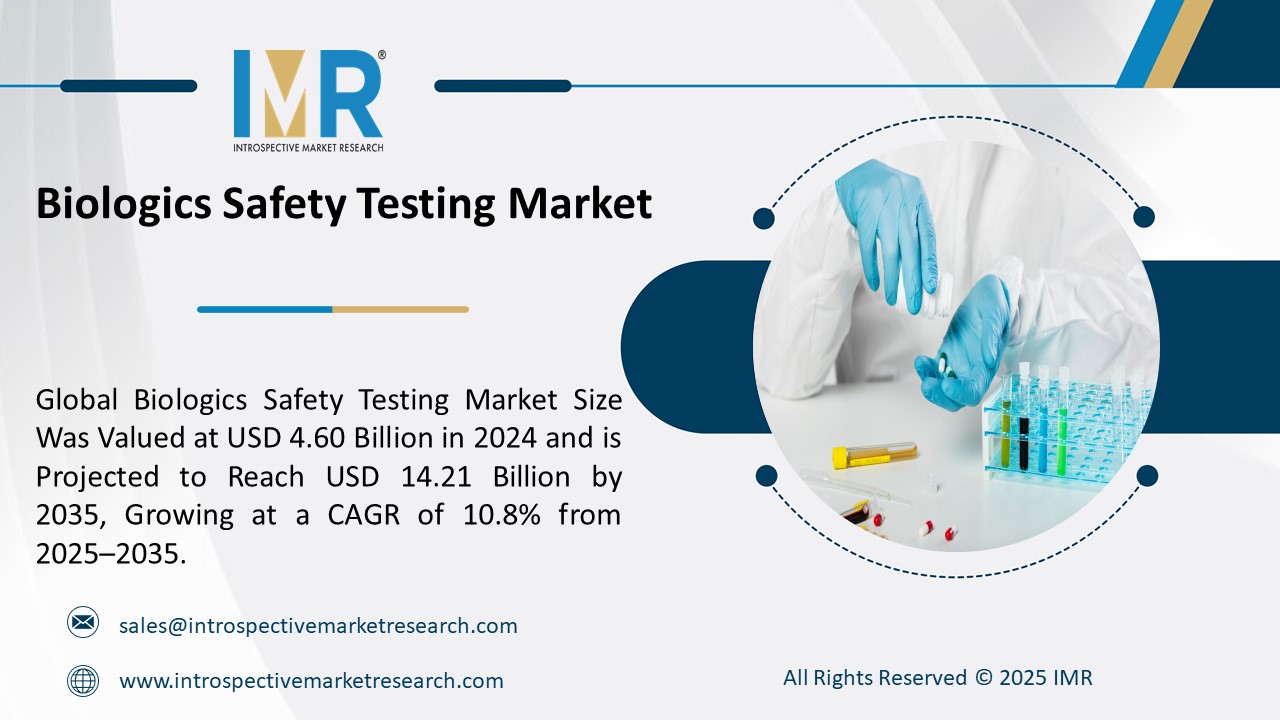
Market Overview:
Global Plant Breeding and CRISPR Plant Market Size Was Valued at USD 12.76 Billion In 2022 And Is Projected to Reach USD 43.29 Billion By 2030, Growing at A CAGR of 16.5% From 2023 To 2030.
Plant breeding is an effective technique by which the genetic pattern of a specific plant is altered to increase its value for human welfare. This is achieved by selecting plants found to be aesthetically or economically desirable, then the mating of selected plants is controlled and certain individuals among the progeny are then selected. Repeating such processes over many generations can thereby change the hereditary makeup and value of a plant population far beyond the natural limits of previously existing populations. Further, for increasing value for human welfare and create genetic diversity for plant breeding, CRISPR has been brought into consideration since 2012.
Top Key Players in Plant Breeding and CRISPR Plant Market:
Bayer (US), Benson Hill Biosystems, Inc. (Germany), Syngenta (Switzerland), KWS(Germany), DowDuPont (US), Groupe Limagrain (France), Advanta Seeds (UAE), Eurofins Scientific (Luxembourg), Pacific Biosciences (US), Evogene Ltd. (Israel), and Other Major Players.
Market Dynamics and Factors for Plant Breeding and CRISPR Plant Market:
Drivers:
Reduction of Costs for Genome Solutions
Agricultural production faces a huge challenge to meet the needs of the increasing global population. The consequent changes in pathogens and pests? dynamics as well as the unpredictable climate change negatively affect crop production. To overcome this, crop improvements by introducing plant breeding and the CRISPR method have made significant contributions to enhancing productivity. Recent progress in genome solutions has provided new tools and concepts that make plant breeding procedures more effective and precise, thereby reducing the additional costs for genome technologies. Also, the rates of crop productivity are improved through plant breeding using the CRISPR method.
Opportunities:
Tackling the Growing Food Safety Concern among Consumers
CRISPR is a fast-growing technology to improve and enhance crop production by gaining maximizing yield and profit. Many researchers and agri-companies are now using gene-editing technology to modify staple crops to make them disease resistant and tolerant to several environmental conditions. This further helps in creating a positive impact on food quality, productivity, and environmental sustainability. Additionally, owing to the rising concerns of consumers for food security and safety, the enhanced crops through plant breeding and CRISPR are proven to be ideal. Furthermore, to tackle this concern, various Research and Development initiatives in the food industry can create a remunerative opportunity in the plant breeding and CRISPR plant market.
Segmentation Analysis of the Plant Breeding and CRISPR Plant Market:
By Type, the biotechnological segment dominates the market growth of plant breeding and CRISPR plants. Technological advancements, innovations, developments in crops, and rising concern for improved crop varieties are the key driving factors for the rapid growth.
By Trait, the disease resistance segment dominates the growth of plant breeding and the CRISPR plant market and is estimated to witness rapid growth in forthcoming years. Growing demand for high-quality and high-yield field crops across developing countries such as China, India, and Indonesia, is most likely to drive the growth of this segment.
Regional Analysis of the Plant Breeding and CRISPR Plant Market:
Asia-Pacific dominated the plant breeding and CRISPR plant market in recent years and is anticipated to dominate throughout the forecast period. The rapid increase in investments by major companies to improve R&D for advancements in technology is the major factor that boosts the growth of the Asia Pacific region. Furthermore, major crops such as corn, wheat, and rice are produced majorly in China and India, which are further used for plant breeding. Additionally, the increasing awareness of plant breeding technology and rapid growth in demand for commercial seeds is likely to propel the market growth of plant breeding and CRISPR plants in the Asia Pacific region.
Key Industry Development:
In February 2022, Bayer announced the advancement of key innovation projects that showcase the newest in crop protection, digital solutions, and seeds & traits. These significant advancements, as well as more than 500 seed deployments and greater than 300 new crop protection product registrations in 2021, are estimated to fuel both mid-and-long-term growths for the company as they bring new value to farmers around the globe.
In February 2021, Syngenta Crop Protection collaborated with artificial intelligence (AI) and deep learning company Insilico Medicine to fuel the invention and development of new, more effective crop protection solutions that will protect crops from diseases, pests, and weeds while also protecting ecosystems.





